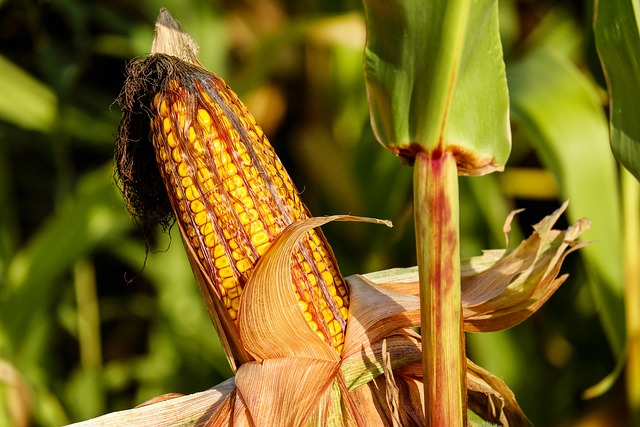The Rise of Biofuels: Promise and Peril

Biofuels, sourced from renewable organic matter like crops and algae, are often highlighted as a crucial tool in mitigating climate change and enhancing energy independence. However, their rapid expansion triggers critical questions about land use and the potential ripple effects on global food security. As demand climbs, land historically dedicated to food production is increasingly diverted to fuel crops, creating a complex tension between energy goals, environmental health, and social equity.
Land Use Conversion: A Core Challenge
The most direct consequence of expanding biofuel production is the conversion of land. Forests, grasslands, and existing farmland are cleared or repurposed to grow biofuel feedstocks such as corn, soy, palm oil, and sugarcane. This transformation can accelerate deforestation, destroy vital habitats, degrade soil quality, and diminish biodiversity, threatening the essential services ecosystems provide.
Impact on Food Security: The Food vs. Fuel Dilemma

Using agricultural land and crops for fuel directly competes with food production, impacting both availability and cost. When resources (land, water, fertilizer) are allocated to growing fuel, the supply of staple food crops can shrink. This dynamic can lead to higher food prices and increased risk of food shortages, disproportionately affecting vulnerable populations in developing nations, especially as global food demand rises.
A clear example is the correlation between increased corn ethanol mandates and volatile corn prices. This 'food vs. fuel' competition impacts not only household grocery bills but also drives up costs for related industries like livestock feed and processed food manufacturing.
Charting a Sustainable Path: Next-Generation Biofuels and Practices

Mitigating these negative impacts requires a decisive shift towards truly sustainable biofuel strategies. Key approaches include utilizing marginal or degraded lands unsuitable for conventional agriculture, dramatically improving crop yields on existing farmland, and prioritizing advanced feedstocks—like algae, agricultural residues (corn stover, wheat straw), and cellulosic biomass—that don't directly compete with food crops.
- Accelerating research and development of advanced (second and third-generation) biofuels.
- Implementing robust land-use policies and certification schemes that prevent deforestation and protect ecosystems.
- Ensuring biofuel projects benefit local communities and respect land rights.
- Adopting water-efficient cultivation and processing techniques.
The Crucial Role of Policy and Innovation
Effective government policies are fundamental to guiding the biofuel industry towards sustainability. Thoughtful incentives that reward sustainable practices, strict regulations against habitat conversion, and strategic investments in research are essential. Policy can directly spur the technological innovation needed, particularly in making advanced biofuels derived from non-food sources commercially viable and scalable.
Conclusion: Achieving a Sustainable Balance
Biofuel production offers significant potential but carries inherent risks. While biofuels can contribute to diversifying our energy portfolio and reducing reliance on fossil fuels, their production must be managed carefully to avoid undermining food security and environmental integrity. Through smart policy, focused innovation, and a commitment to sustainable practices across the supply chain, we can work towards balancing our energy needs with the fundamental imperative of feeding the world and protecting our planet.